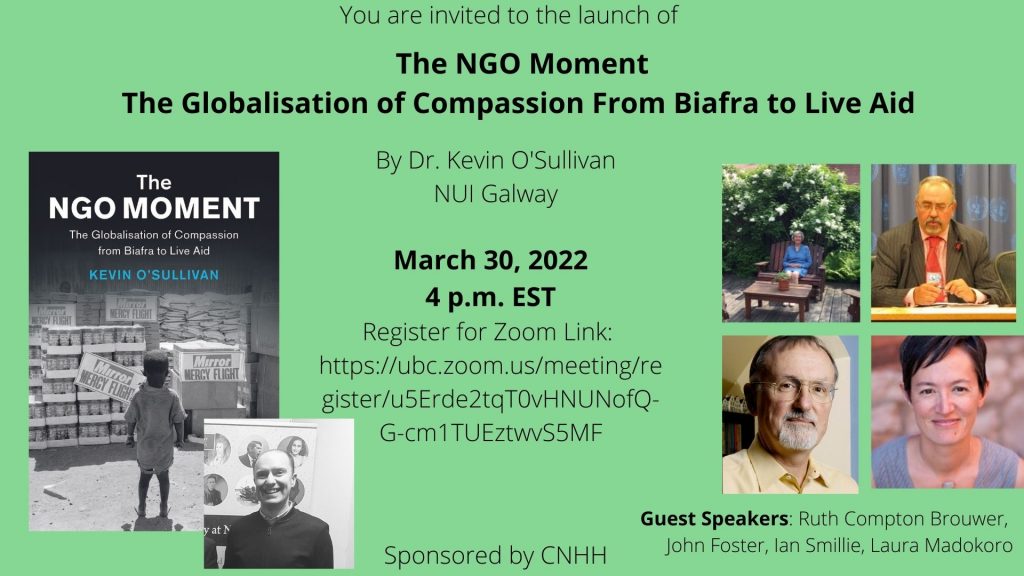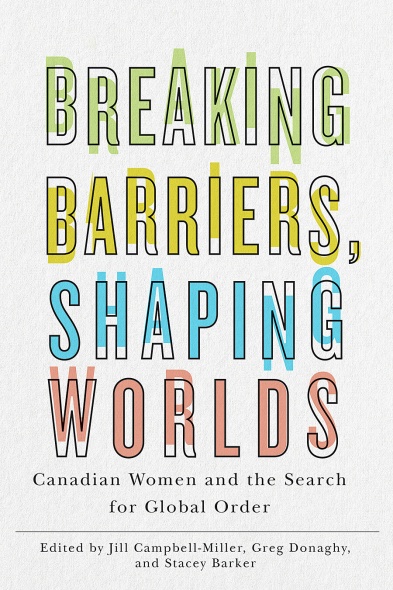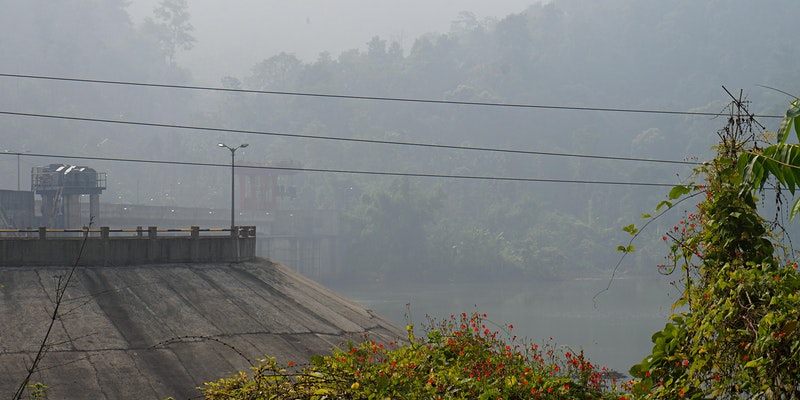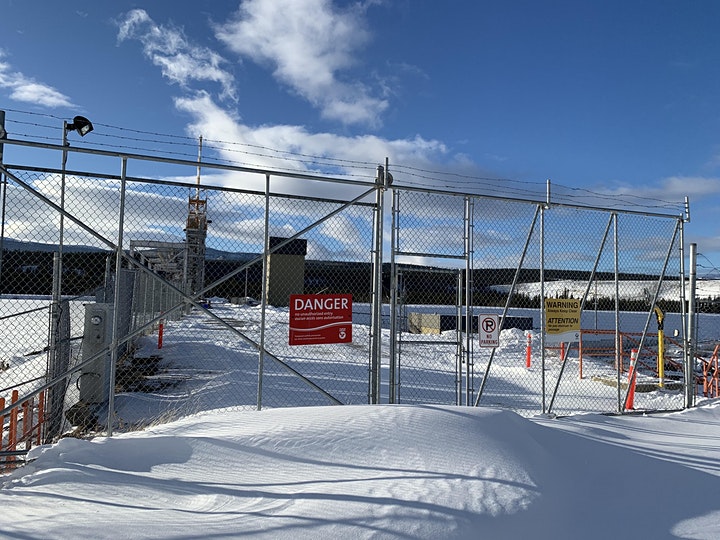Webinar Report by Maia Luger
March 15, 2022
This blog is cross-posted with DevHistory.
The Tuan Luu Webinar Series continued its 2021-2022 season with Lydia Wytenbroek, an Assistant Professor at the University of British Colombia School of Nursing, who spoke with Dr. David Webster, an Associate Professor in the History department at Bishop’s University. She spoke about the key argument of her current book project, titled American (Inter)Nationalism in Iran, which examines American Presbyterian mission nurses in Iran and their efforts to establish and cultivate international nursing standards in the country.
The American nursing mission in Iran started in 1834, and started an emphasis on nursing in Iran. By the start of the early 20th century, the mission established seven hospitals across Iran, with a prestigious reputation for surgery. Although these hospitals were affiliated with Presbyterian missionary work, many nurses who participated in the program weren’t necessarily focused on religious aspects, instead relating more to the sense of adventure provided by the program and the opportunity to create a professionalized agenda for nursing. They acted as ambassadors of the American model of nursing; the program boasted high admission requirements, a standardized nursing curriculum, nursing exams, certifications, and eventually led to the establishment of professional organizations, such as the Iranian Nurses Association in 1953. Through this program, nationalist concerns were articulated through a medicalized discourse, with the Iranian government using imagery of Iran as a sick mother in need of care. An anonymous nurse who participated in the program referred to nursing as a “means of regenerating an unhealthy Iranian nation”, and nursing was framed as a sisterhood, using American imagery of Florence Nightingale to represent nurses as leaders serving the Iranian nation, not just working in mission hospitals.
Dr. Wytenbroek presented the main argument of her book, that nurses occupied a prominent place in Iranian iconography based on 20th century American mission nurses. Nursing was used as a pathway for imperialism and professionalism, as well as a pathway for women’s mobility in terms of financial, social, geographical, and professional avenues. These women who graduated from these programs became supervisors and instructors, earning opportunities that may have otherwise not been accessible for them. Nurses were also able to use their knowledge and education for personal safety during World War I, with Wytenbroek using the example of Grace Sayad, a trained nurse who fled Iran and emigrated to the United States and was able to work as a nurse and financially support her family to join her in safety. (See this blog post to learn more about Grace Sayad’s story: https://nursingclio.org/2017/09/05/mission-nursing-migration-and-mobility-in-twentieth-century-iran/)
Dr. Wytenbroek also fielded questions from students and webinar attendees, discussing the dominant role of midwives prior to the establishment of the American nursing missions due to the high maternal and infant mortality rate in the early- to mid-1900s. She also discussed the sources consulted throughout her research, primarily naming mission records – and the constraints involved in the dominance of mission resources – as her main source of information. Additionally, she conducted oral interviews with Iranian nurses now residing in the U.S., as well as Iranian women’s journals written in Persian.
The webinar served as an opportunity to hear first-hand from Wytenbroek, a nurse and historian, on her experience and research on the American medical missions in Iran and the role of nursing in Iranian national identity. You can learn more about her work here: https://read.dukeupress.edu/jmews/article-abstract/18/1/36/294387/Nursing-Inter-nationalism-in-Iran-1916-1947 The next webinar will be hosted via Zoom on Wednesday, March 23th, with Jill Campbell-Miller, titled A Mission for Modernity: Canadian Women in Medical and Nursing Education in India.
Maia Lugar is currently completing a Master’s degree in Political Management at Carleton University. She is researching the topic of Indigenous territoriality and federalism, and her research interests include Indigenous structures of governance and Canadian federalism as a vehicle for colonialism.
Dr. Lydia Wytenbroek is an Assistant Professor in the School of Nursing at the University of British Columbia, and a social historian of twentieth-century health care, with a particular interest in understanding and interpreting the historical forces that have shaped the nursing profession and practice. Her current book project, American (Inter)Nationalism in Iran, examines American mission nurses in Iran and their efforts to cultivate international nursing standards in the country.
The Tuan Luu Webinar Series is presented by the Department of History at Bishop’s University. Its Winter 2022 program features webinars by emerging scholars on Global Health and History. Talks are held online via Zoom. Register at https://zoom.us/meeting/register/tJUvf-GqqT8tGdyMjPDJW6jsUib0VTpwRKNx, … Visit https://devhistory.wordpress.com/ for details, or go directly to https://zoom.us/j/91288274738.








